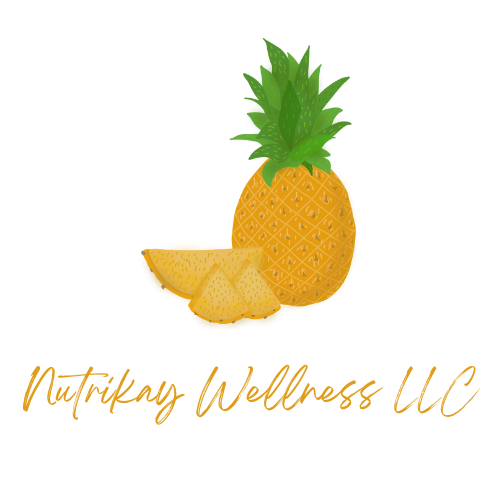How to Eat Well and Sustainably | Dietitian-Approved Eco-Friendly Eating Tips
Simple, dietitian-approved ways to nourish your body while caring for the planet.
Sustainable eating isn’t about perfection - it’s about small, realistic steps that support both personal and planetary health. With just a few mindful changes, you can enjoy nutritious, delicious meals and reduce your environmental footprint.
What Does “Sustainable Eating” Mean?
Our food system contributes nearly one-third of global greenhouse gas emissions, but small dietary shifts can make a big difference. Sustainable eating supports not only the planet’s health but also better long-term nutrition outcomes for you.
A sustainable diet promotes long-term health while minimizing environmental harm. It focuses on:
Nutrient-dense, minimally processed foods
Plant-forward meals with smaller portions of animal products
Reducing food waste
Supporting local and seasonal food systems
In simple terms, sustainable eating is about choosing foods that are good for your body and gentle on the Earth.
Tips For Eating Sustainably
Below are evidence-based, practical ways to make your meals more planet-friendly, without sacrificing nutrition or flavor.
1. Eat More Plant-Based Meals
Plant-based foods like beans, lentils, tofu, and whole grains use fewer natural resources to produce than most animal proteins. Even replacing meat a few times a week can make a measurable difference.
Try this:
Add lentils or chickpeas to pasta sauce for extra protein.
Swap ground beef for black beans in tacos.
Explore “Meatless Mondays” or “Plant-Forward Fridays.”
2. Choose Local and Seasonal Foods
When you buy produce that’s in season and grown close to home, you help cut down on transportation emissions and support local farmers. Plus, local foods are often fresher and taste better.
Tip: Check your local farmers' market for new seasonal fruits and veggies.
3. Get Involved in a Community Garden
Community gardens are another great way to eat sustainably while connecting with your neighborhood. They provide access to fresh, affordable produce, reduce food miles, and help strengthen local food systems. Even volunteering a few hours a month can teach you about growing seasonal foods and reduce your grocery footprint.
4. Minimize Food Waste
Nearly one-third of all food produced globally goes to waste. Reducing waste saves money and lowers greenhouse gas emissions from landfills.
Easy ways to start:
Plan meals before grocery shopping.
Use “first in, first out” when organizing your fridge.
Freeze leftovers or repurpose them into soups and smoothies.
5. Rethink Your Protein Sources
Protein is essential, but not all sources have the same environmental impact. Legumes, nuts, seeds, eggs, and sustainable seafood offer high-quality protein with a lower footprint than red meat.
Balanced idea: Instead of cutting out meat entirely, focus on portion size and quality. A smaller serving of lean beef paired with fiber-rich sides can still be part of a sustainable plate.
6. Reduce Packaging and Single-Use Plastics
Food packaging contributes heavily to pollution and waste. You can reduce your impact by making a few small switches:
Bring reusable produce bags and grocery totes.
Buy dry goods like oats, rice, and nuts in bulk.
Store leftovers in glass containers instead of disposable plastics.
Balance and Nutrition Still Matter
A sustainable diet is not just about the planet, it’s about your long-term health, too. Make sure your meals still provide enough protein, iron, calcium, vitamin B12, and omega-3s (especially if you’re eating less animal protein).
Small Habits To Make A Big Impact
Add one new plant-based meal each week.
Buy in-season produce and try local markets.
Plan meals to use what you already have.
Choose bulk or minimally packaged items.
Bring a reusable water bottle and coffee cup.
Takeaways
Eating sustainably doesn’t mean you have to give up your favorite foods. It’s about finding balance and nourishing your body while respecting the planet’s resources.
Reminder: Sustainable eating is progress, not perfection. Every small change matters.
Ready to make your plate more planet-friendly? Schedule a consultation with Nutrikay Wellness to create your personalized sustainable meal plan.
